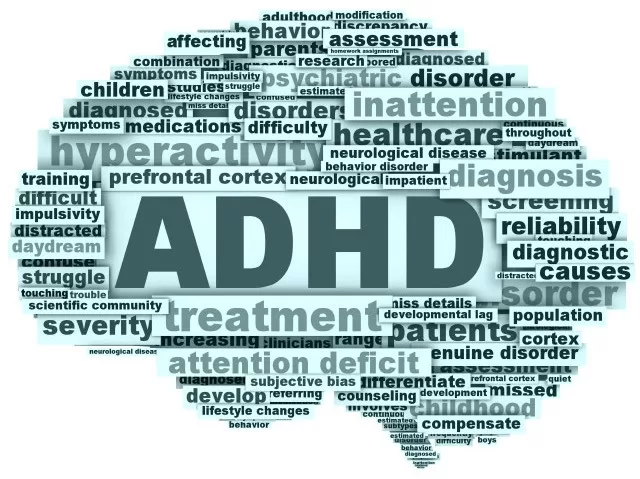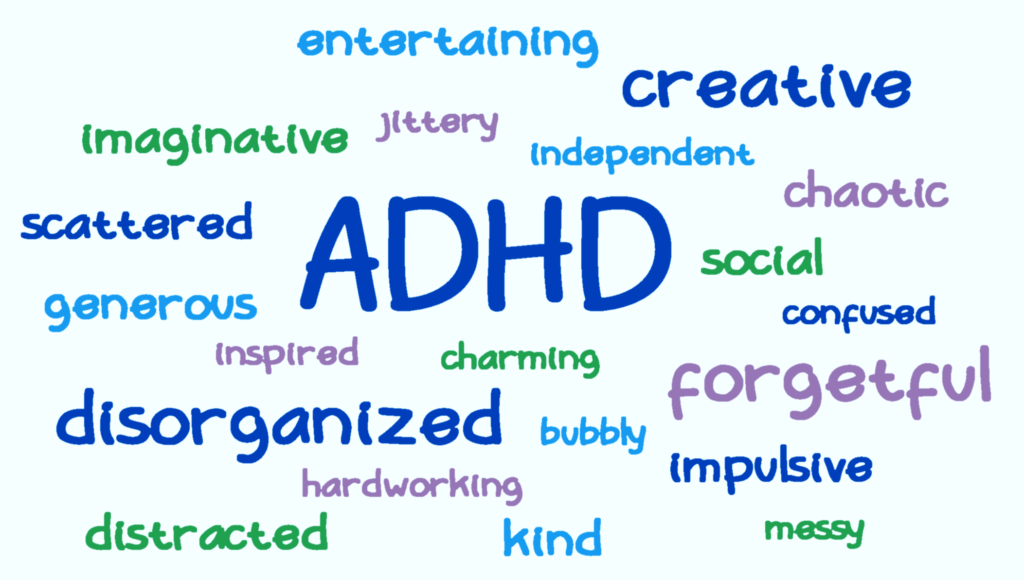
ADHD is a disorder that occurs during development due to the consistent occurrence of inattention, impulsiveness, and hyperactivity, which in turn causes interference with normal activities. People experience ADHD in different manifestations most commonly leading to impaired attention functions, difficulties with emotional regulation as well as time management issues.
Recently, there has been increased awareness of this condition thereby resulting in an increased need for diagnosis and intervention. Nevertheless, getting an appointment for traditional doctor-prescribed ADHD tests may take several months to get. As such, many people have been forced to look for other ways of measuring possible ADHD signs and opt for online ADHD tests.
Online ADHD Tests: A Growing Trend
Online ADHD tests, otherwise known as self-assessment questionnaires, contain questions aimed at assessing ADHD probability in an individual. The most common tests include several sets of questions measuring attention deficits, impulse control, and problems with hyperactivity. After taking the quiz, an individual is rated on his/her likelihood of having ADD/ADHD. However, appointments are sometimes not available for months. Describing the situation, some psychiatrists say they are “overwhelmed with appointments”.
Even though online ADHD tests could help in diagnosing some cases of ADHD symptoms the results cannot replace a professional diagnosis. These tests lack clinical validity and do not necessarily portray ADHD complexity.

Spiking Demands for Physicians-performed ADHD Tests
Doctors have recently seen a huge number of people asking for ADHD. These factors include enhanced knowledge about ADHD, decreased prejudice associated with it, and appreciation of how ADHD affects academics and work settings.
Nevertheless, increased demand has also stretched out mental health services causing patients to wait longer for appointments. In addition, this could be very disheartening for people who think may suffer from ADHD and want confirmation and treatment assistance, respectively.
The Online ADHD Meta Trend
On the other hand, there exists an ‘Online ADHD’ meta trend that stems from the ever-growing interests associated with ADHD on the World Wide Web. The trend embodies increased chat rooms around ADHD, as well as resources, and assessment checkups.
Social networks such as Instagram and TikTok are hotbeds for ADHD-related matters involving millions of users using tags like #ADHD or #ADHDlife. The ADHD hashtag has over 3.9 million posts on Instagram. Whereas this hashtag has over 32 billion views on TikTok. The number of people participating in online forums like the r/adhd forum has tremendously increased thus becoming an avenue for other persons to express themselves, seek help, as well as meet new people. The r/adhd subreddit had around 643,000 members in March 2020. This number has increased to over 1.7 million today.

Online ADHD Resources: Empowering Self-Management
Aside from online assessments for ADHD, more people are now looking into other online supports that can assist them in coping with their ADHD signs as well as enhance their daily living. Take, for example, ADHD apps that provide activity tracking, organizational tools, and notifications aimed at helping increase concentration and efficiency. ADHD apps monitor activity and provide organizational structure designed to help improve focus.
Other important resources include online support groups where people with ADHD can share information, get peer support, and learn coping strategies. People with ADHD, especially adults, may find solace in these online communities that can assist them in combatting their condition.

Online Resources for ADHD Management
In addition to online ADHD tests, a growing number of online resources are available to help individuals manage their ADHD symptoms. These resources include:
- ADHD apps: These apps can provide a variety of features to help individuals with ADHD, such as tracking activity, providing reminders, and offering organizational tools.
- Online support groups: Online forums and chat rooms can provide a safe and supportive space for individuals with ADHD to connect with others, share experiences, and offer mutual support.
- Educational resources: Websites and articles can provide individuals with ADHD with information about the disorder, its symptoms, and treatment options.
Conclusion
Interest in ADHD today has totally changed perception, self-evaluation as well and management of symptoms. Although internet-based ADHD tests are not alternatives to conventional diagnosis procedures, they could be part of the diagnostic procedure. Further, the increasing accessibility to online facilities enables those suffering from ADHD to overcome their symptoms and enhance life quality.















